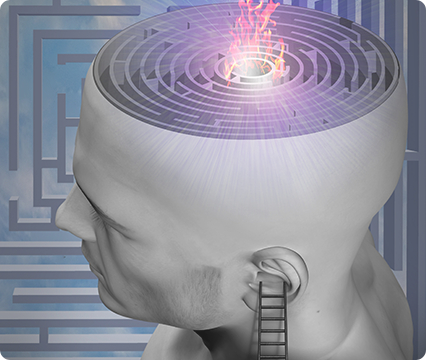Consumption of ultra-processed foods is associated with depression, mesocorticolimbic volume, and inflammation

This study investigates the relationship between ultra-processed food (UPF) consumption, depressive symptoms, and brain volumes in adults, considering obesity and inflammation as factors. Data from 152 adults, including diet, depressive symptoms, brain imaging, and lab tests, were analyzed. Higher ultra-processed food (UPF) consumption was linked to increased depressive symptoms and reduced gray matter volumes in areas like the posterior cingulate cortex and amygdala. These associations were stronger in participants with obesity and partially mediated by white blood cell count. The study suggests that UPF consumption affects brain regions involved in reward and conflict monitoring, though no causal conclusions can be drawn.
Year: 2023

 Navigation
Navigation







